 |
|
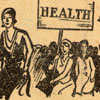 |
|
 |
|
 |
|
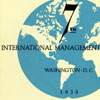 |
|
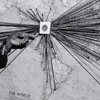 |
|
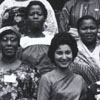 |
|
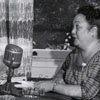 |
|
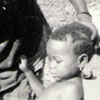 |
|

What Was the Impact
of the College of Home Economics
on a National and International Level?
In the early twentieth century, Cornell home economists played a prominent role in improving American health and hygiene practices for both rural and urban families. Their educational programs, shaped by Anglo-Saxon middle-class values characteristic of Progressive Era reform, had an enormous impact on social welfare practices, public education, and immigrant experience. They also furthered the cause of unions, settlement houses, and women's suffrage.Cornell's Progressive Era home economists designed and facilitated government programs to improve the public welfare, and federal agencies used their academic research as the basis for policies affecting women and children. The College of Home Economics also earned national acclaim for its innovative programs, such as the Department of Family Life, begun in 1925, which stressed the use of modern psychological research.
As the century progressed, research conducted by Cornell home economists contributed to a greater understanding of vitamins, calories, and proteins, as well the development of modern freezer equipment and food storage; better stain removal treatments and durable synthetic fibers; more efficient household design; and improved consumer practices. In the 1960s, the nationwide Head Start program incorporated Urie Bronfenbrenner's child development research in its strategy to improve educational opportunities for children from low-income families.
Cornell home economists became active in international affairs beginning in the l920s, engaging in cooperative teaching and research. By the 1950s, they were active in many countries, with extensive projects in Belgium, Japan, the Philippines, Thailand, Ghana, and Liberia, to name a few. Several affiliates of the College of Home Economics were invited to lead international conferences on the relationship between family and community and the role of education in women's lives. These international endeavors took on political significance when, at the height of the cold war, the Department of Human Development and Family Studies arranged a cross-national research program with the Soviet Union.
Select an image at left
or choose from the list below:
|
|||||||||
|
Copyright © 2001 Division
of Rare & Manuscript Collections For reference questions, send
mail to: rareref@cornell.edu
|
